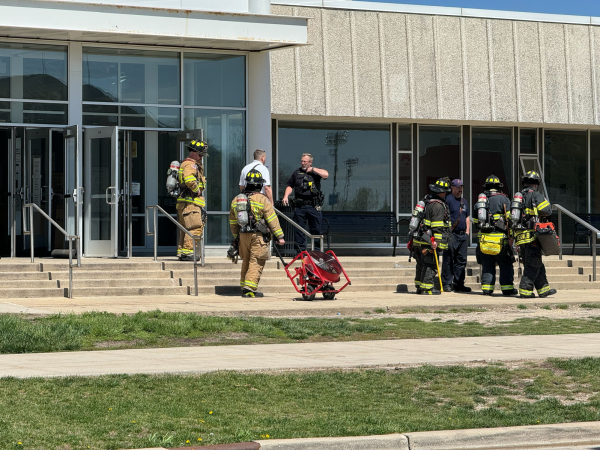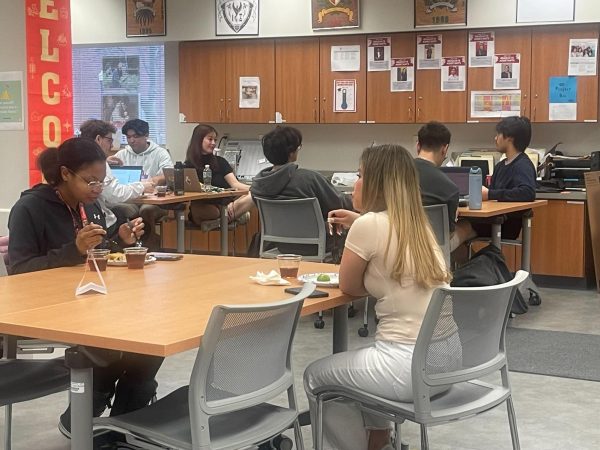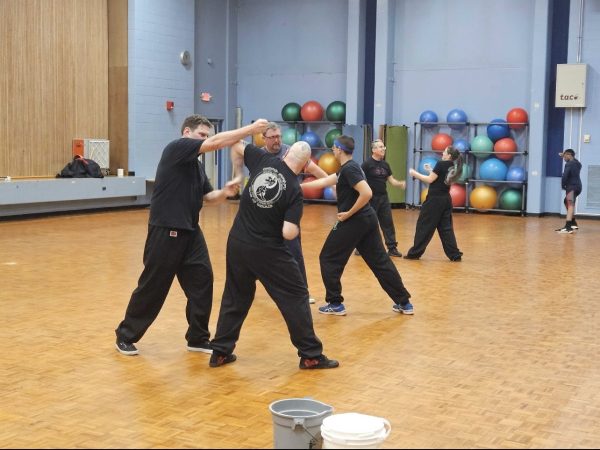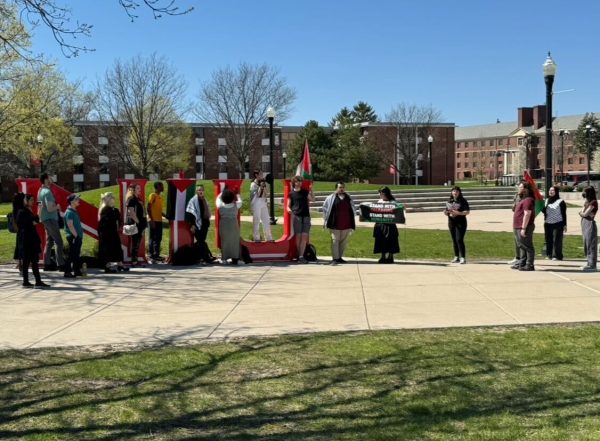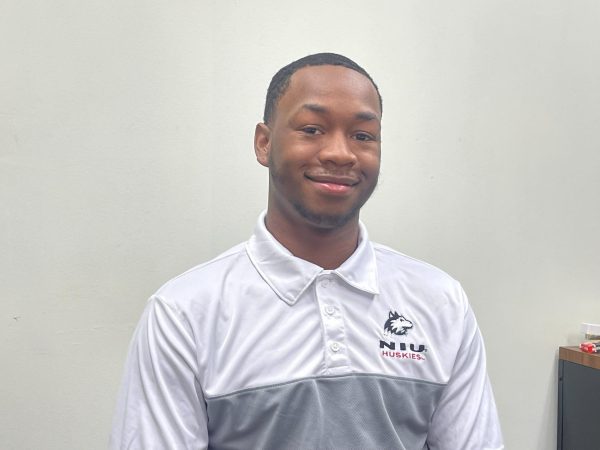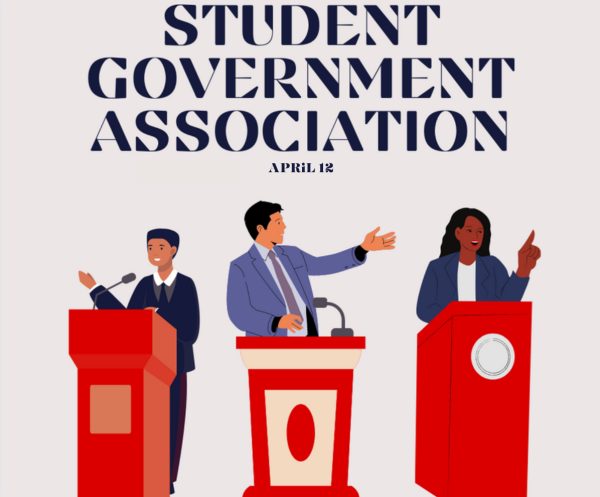Number of minority staff, faculty members not representative
October 4, 2005
The controversial issue of minority representation has emerged on campus as faculty and students have recognized an alleged under-representation of minority racial, ethnic, lesbian, gay, bisexual and transgender individuals within the university staff.
There is doubt whether the university meets the 2005 Affirmative Action plan.
In a 2004 study of the ethnic distribution of NIU’s staff, 37 employees were African American or Hispanic out of 271 executive and administrative managerial employees.
“I can’t even think of one professor [of mine] that was a minority,” said Johannis Rosario, a freshman mechanical engineering major.
A reported 79.8 percent of faculty members belong to a white, non-Hispanic ethnicity.
“In general terms, under-representation has always been a problem in most universities,” said LeRoy Pernell, dean and professor in the College of Law. “Having a diverse faculty in higher education is important.”
Pernell said students deserve an administration that is representative of the minority population.
“[Diversity] enhances the quality of all students’ education, allowing all points of view from different cultures to be brought to the table,” Pernell said.
Deborah Haliczer, director of Employee Relations, explained the fewer numbers of minority faculty members lie not in university policy but in the smaller numbers of adequately-qualified minorities available for hire.
“It’s harder to hire minorities because there are fewer of them with advanced degrees,” Haliczer said.
Competition also is a factor, Haliczer said.
“We often do have a problem competing with the higher pay of Ivy League schools,” Haliczer said.
NIU president John Peters addressed the Affirmative Action plan in his opening letter.
“The university is absolutely committed to maintaining an academic, professional and occupational environment that is free of all forms of illegal discrimination,” the letter said.
Racial and ethnic minorities, however, are not the only group lacking in numbers.
Diana Swanson, associate professor of women’s studies and English, believes women and the LGBT community also suffer from under-representation.
“There are people who discriminate intentionally in regard to gays and lesbians and feel morally that homosexuality shouldn’t be protected under anti-discriminatory laws and policies,” Swanson said.
Jenny Kaye, a senior elementary education major, disagrees with any alleged under-representation.
“All of my teachers have been from a different ethnicity or culture,” Kaye said.
Though NIU ranks high when compared to national statistics for 2003 in the Chronicle of Higher Education, the numbers remain discouraging.
Seventeen percent of available NIU executive and administrative positions are filled by minorities, while 25.5 percent of undergraduate are minorities.


